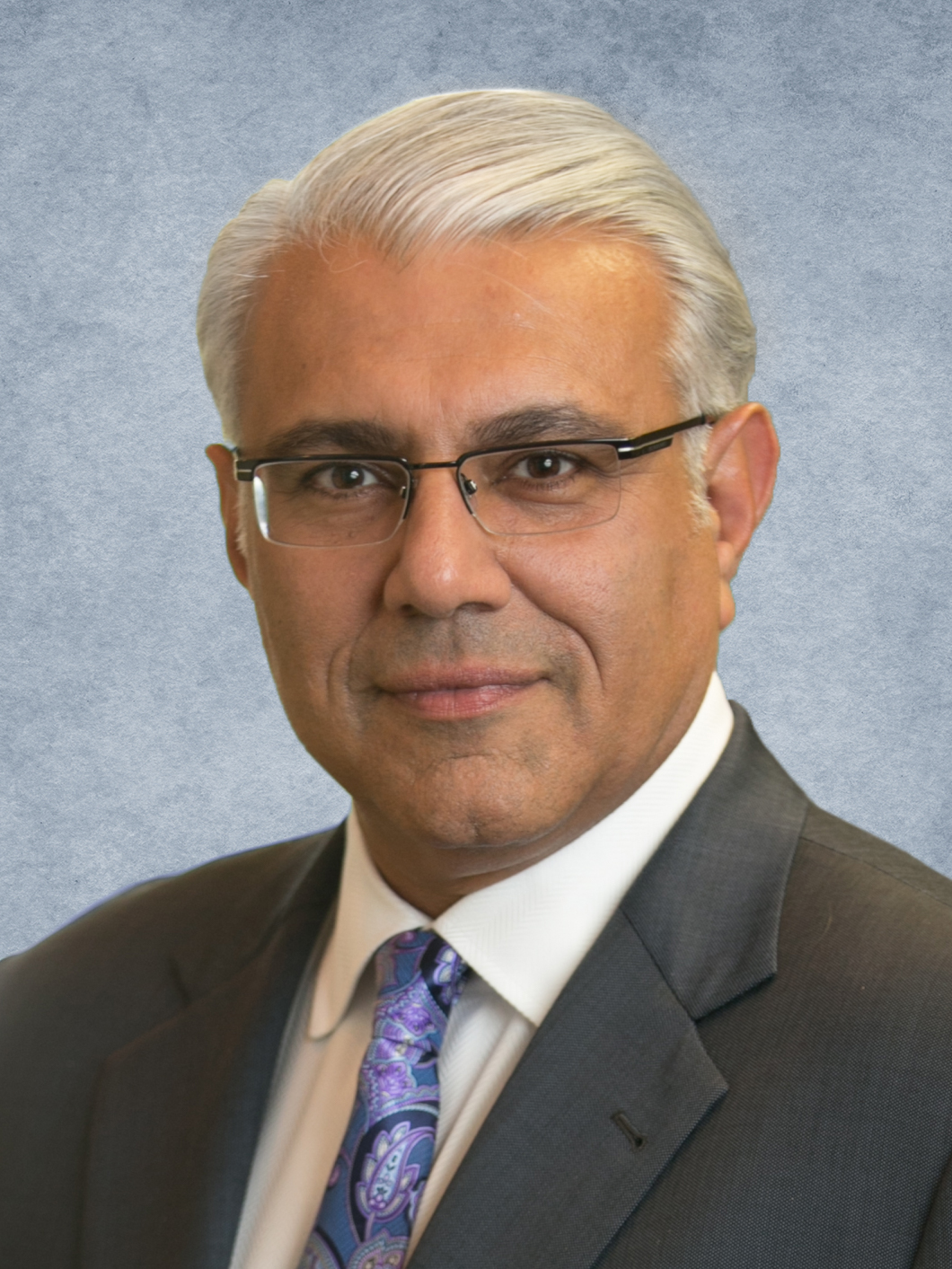
Hessam Nadji is President and Chief Executive Officer of Marcus & Millichap, Inc., a leading commercial real estate firm specializing in investment sales, financing, research and advisory services. He joined Marcus & Millichap in 1996 as Vice President of research and advisory services and helped position the firm as a leading provider of research on market trends, analyses and property expertise. Over the years, his role expanded to include marketing and strategy, enabling him to play a key role in establishing and growing Marcus & Millichap’s national brand. In 2010, Mr. Nadji assumed the leadership role for the firm’s national specialty brokerage divisions, which grew rapidly under his leadership. Mr. Nadji also played a leading role in the preparation and execution of the firm’s IPO in 2013 as Marcus & Millichap’s Chief Strategy Officer. He was named President and CEO in April 2016. Mr. Nadji is frequently sourced on behalf of the firm by national business media outlets, including The Wall Street Journal, Investor’s Business Daily,Real Estate Forum, CNBC, Fox Business TV, Bloomberg TV and numerous commercial real estate publications.
In his exclusive interview with the Wall Street Transcript, Mr. Nadji explores the intrinsic value of his company Marcus & Millichap.
“Our company was founded in 1971 to serve a special niche in the commercial real estate marketplace: the marketing and selling of investment real estate, predominantly for the private individual investor and small partnerships. It just so happens that microcap commercial real estate transactions, defined as transactions under $10 million, make up somewhere between 80% and 85% of all commercial real estate transactions in the U.S. every year. It’s the largest segment of the market but gets the least amount of media coverage…”
A fortunate positive for the real estate market is the new US tax law:
“…If you look at the broad picture of the tax law, it is favorable toward commercial property investment. For starters, the 1031 tax-deferred exchange program stayed intact. You can exchange like-kind properties and roll the equity of your asset into a like-kind property while deferring taxes. The mortgage interest deduction also remained intact. Additionally, flow-through entities that invest in commercial real estate, whose taxation was just reduced by 20%, is one of the key favorable outcomes of the new tax law.”
To get more valuable information on Marcus & Millichap, read the entire interview with its CEO, Hessam Nadji.
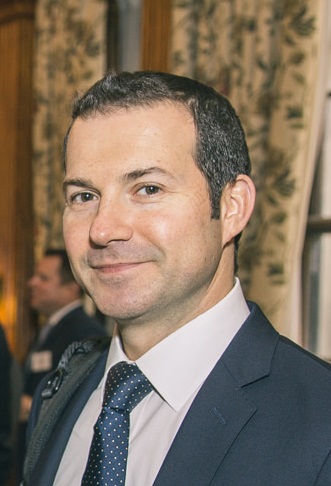
Jade Rahmani is a Managing Director of Keefe, Bruyette & Woods, Inc., and is based in the firm’s New York office. Since joining the firm in May 2007, he has been a lead analyst on the mortgage finance team, responsible for covering residential and commercial mortgage investment companies, including the commercial real estate finance and homebuilding sector. In this exclusive interview with the Wall Street Transcript, Mr. Rahmani explains how publicly traded real estate securities can provide an investment edge:
“My firm, Keefe, Bruyette & Woods, or KBW, is owned by Stifel Financial, so we are a wholly owned subsidiary of that company. What makes KBW unique is we solely focus on sectors within financial services. You can think of KBW as having essentially three verticals: We have the broadest coverage on Wall Street of banks, we also cover insurance, and then, we have diversified financials, which would include capital markets, asset management and specialty finance.
Within specialty finance, I cover commercial real estate finance companies. Those include commercial mortgage REITs, REITs that make loans to owners and developers of commercial real estate.”
His current view of the market is centered on a rising interest rate environment.
“On the other hand, the spreads are compressing. So what we see right now is overall returns being somewhat stable, and with higher LIBOR returns, they could potentially increase. We are also seeing a stable trend in credit. So for the companies we cover, what we are expecting is the business models that we feel are best positioned are the ones that can take advantage of the current environment in order to deliver strong returns. Those companies that we would be recommending would be Starwood Property Trust (NYSE:STWD), Ladder Capital (NYSE:LADR) and Granite Point Mortgage Trust (NYSE:GPMT). I can go into further detail on those business models if you like.”
For more specialized stock recommendations, read the entire interview with Jade Rahmani in the Wall Street Transcript.
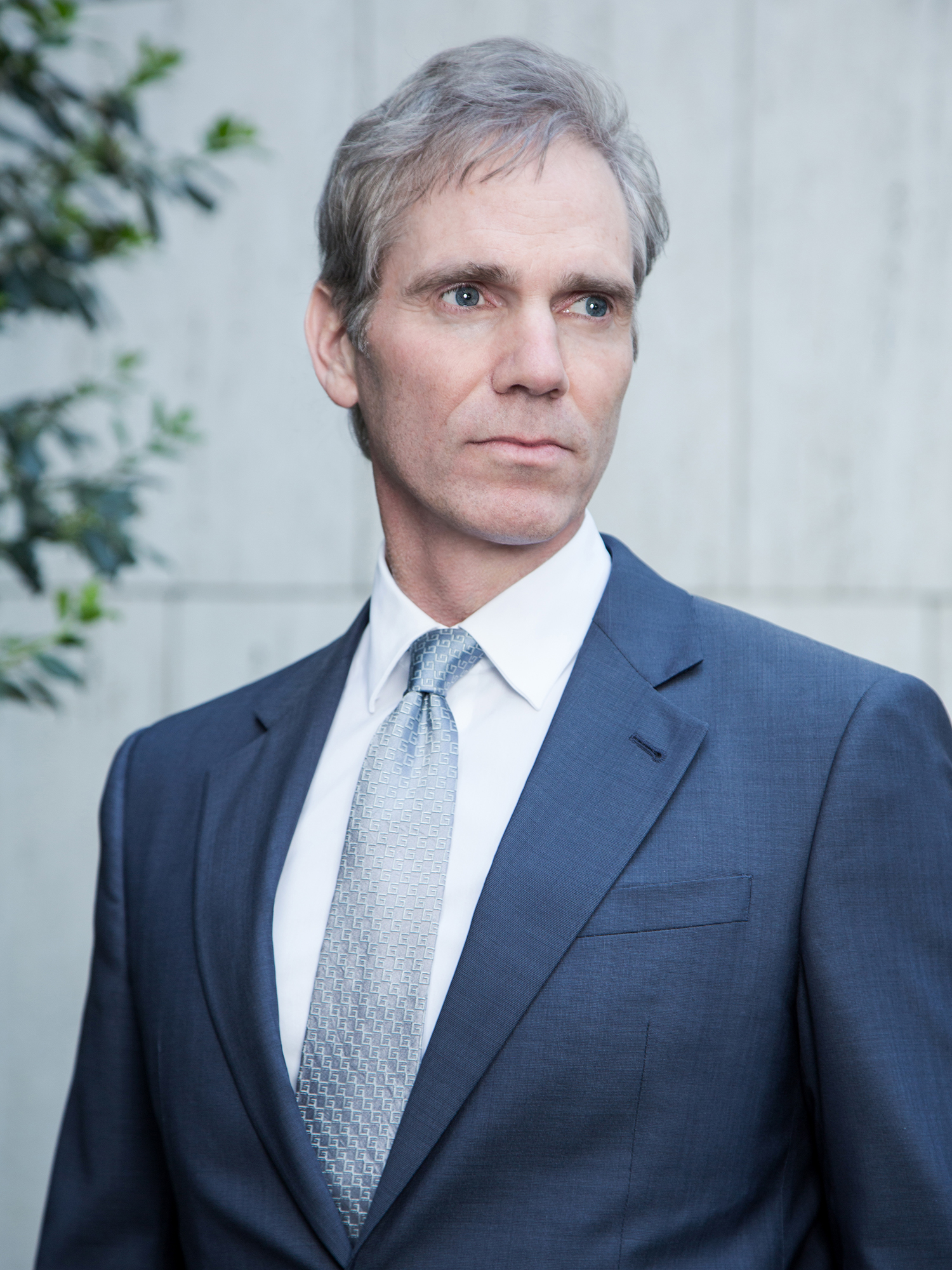
Jay Sugarman is the Chairman and CEO of Safety, Income & Growth Inc., and he is also Chairman and CEO of iStar. He has served as a director of iStar (NYSE:STAR) since 1996 and its Chief Executive Officer since 1997. Prior to forming iStar and its predecessors, Mr. Sugarman managed private investment funds on behalf of the Burden family — a branch of the Vanderbilt family — and the Ziff family. Mr. Sugarman received his undergraduate degree summa cum laude from Princeton University, where he was nominated for valedictorian and received the Paul Volcker Award in Economics, and his MBA with high distinction from Harvard Business School, graduating as a Baker Scholar and recipient of the school’s academic prizes for both finance and marketing.
He is the CEO of a new real estate company and is enthusiastic about its prospects. In this exclusive interview with the Wall Street Transcript, he describes it’s strategic direction and details its future development:
“We call it the SAFE Ground Lease. It’s so fundamentally different from many of the ground leases that exist today that we’ve trademarked that. It’s lender-friendly. It’s owner-friendly. It’s cap-rate-friendly. We think ultimately, at the end of the day, it creates higher cash-on-cash returns for owners and higher IRRs. We love businesses where, when we do a deal, both sides win.”
The idiosyncratic investment vehicle is a positive sign, according to Jay Sugarman.
“There’s very little information on this industry, which we like. We like industries that are either misunderstood or not studied at all. As I said, it took about a year trying to figure out the answer to your question. We think the existing ground lease market is about $100 billion in what is a $7 trillion commercial real estate market. We think it should be, with a lender-friendly, owner-friendly modern ground lease structure, something on the order of $500 billion.”
Read the entire interview in the Wall Street Transcript in order to get inside the mind of one of the most prominent real estate investors in the United States.
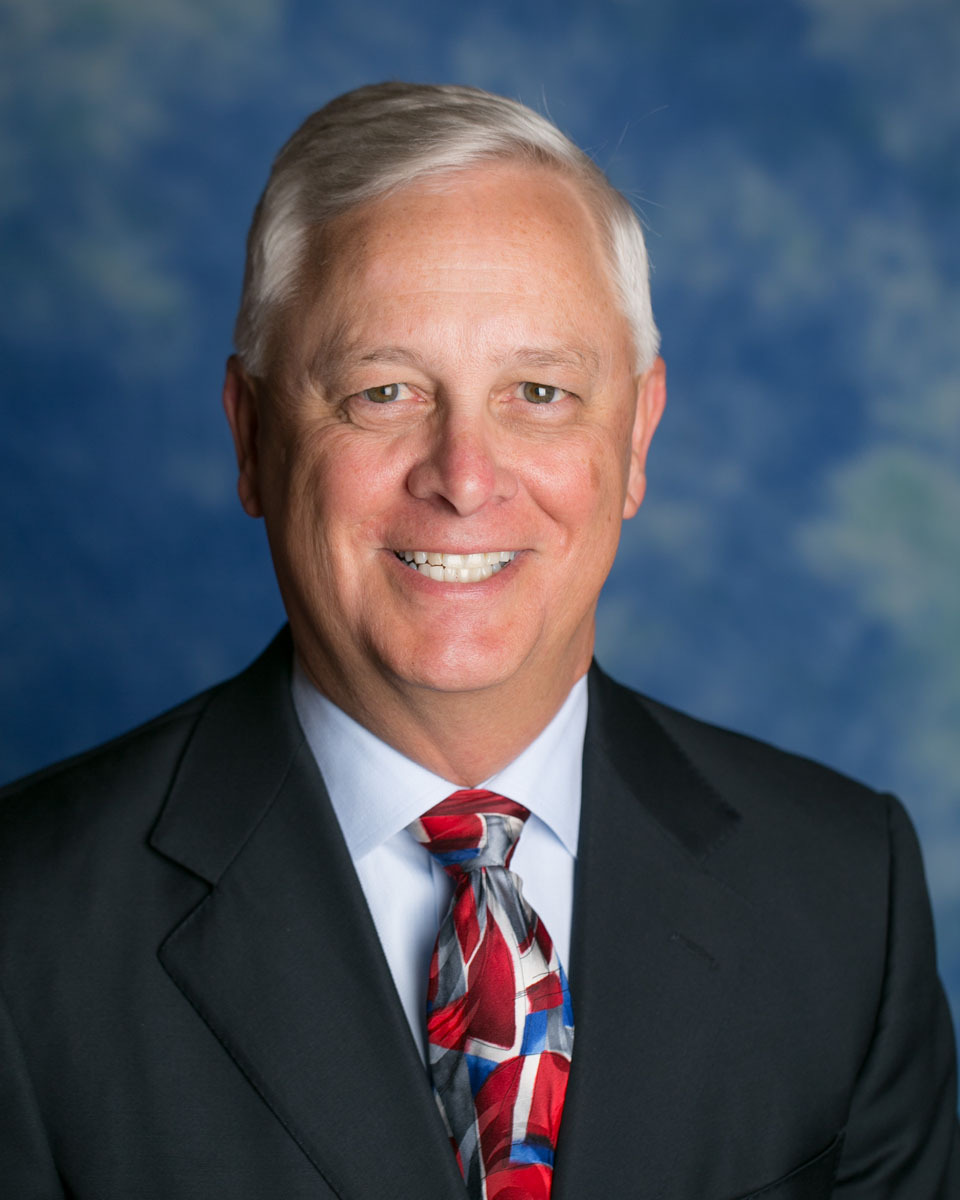
James E. Cline has been the President and Chief Executive Officer of Trex Company, Inc., since August 17, 2015. He served as the Chief Financial Officer of Trex from March 18, 2008, to August 17, 2015, and its Senior Vice President from August 2013 to August 17, 2015. Mr. Cline served as President of Harsco GasServ, a subsidiary of Harsco Corporation, from July 2005 to December 2007. In this exclusive interview with the Wall Street Transcript, Mr. Cline details how Trex has developed into a multi-billion dollar company.
“Trex was formed by one of our founders in the late 1980s. The gentleman had a business that was a recycling business, and the recycling was he took day-old bread, made breadcrumbs from it, and he sold the breadcrumbs. As a result of that, he ended up with a lot of plastic bags that the bread came in, and he was not the kind of guy to throw anything away, so he said, “I’m going to make something out of this.” What he ended up doing was mixing it with sawdust, thinking that he would manufacture fire logs. But unfortunately for him, when you mix the polyethylene plastic with sawdust, it takes a very high temperature to ignite it and get it to burn. So he threw it behind his building, forgot about it for a while, came across it a month or so later, and looked at it and said, “Hey, this hasn’t deteriorated. I’m going to make industrial flooring.”
The valuble product is also a green product.
“I think when you look at Trex, a lot of people when they first look at us, they say, “While it’s a beautiful board, everybody else makes the same kind of board,” but we’re really different than anyone else. Our board is 95% recycled material. We keep about 400 million pounds every year out of the dumps and the landfills, and we utilize that to manufacturer a product, and we’ve been extremely effective with that. In fact, that gives us the competitive advantage versus others because we are using recycled material.”
For the complete details on how this growth company is creating value, read the entire interview in the Wall Street Transcript.
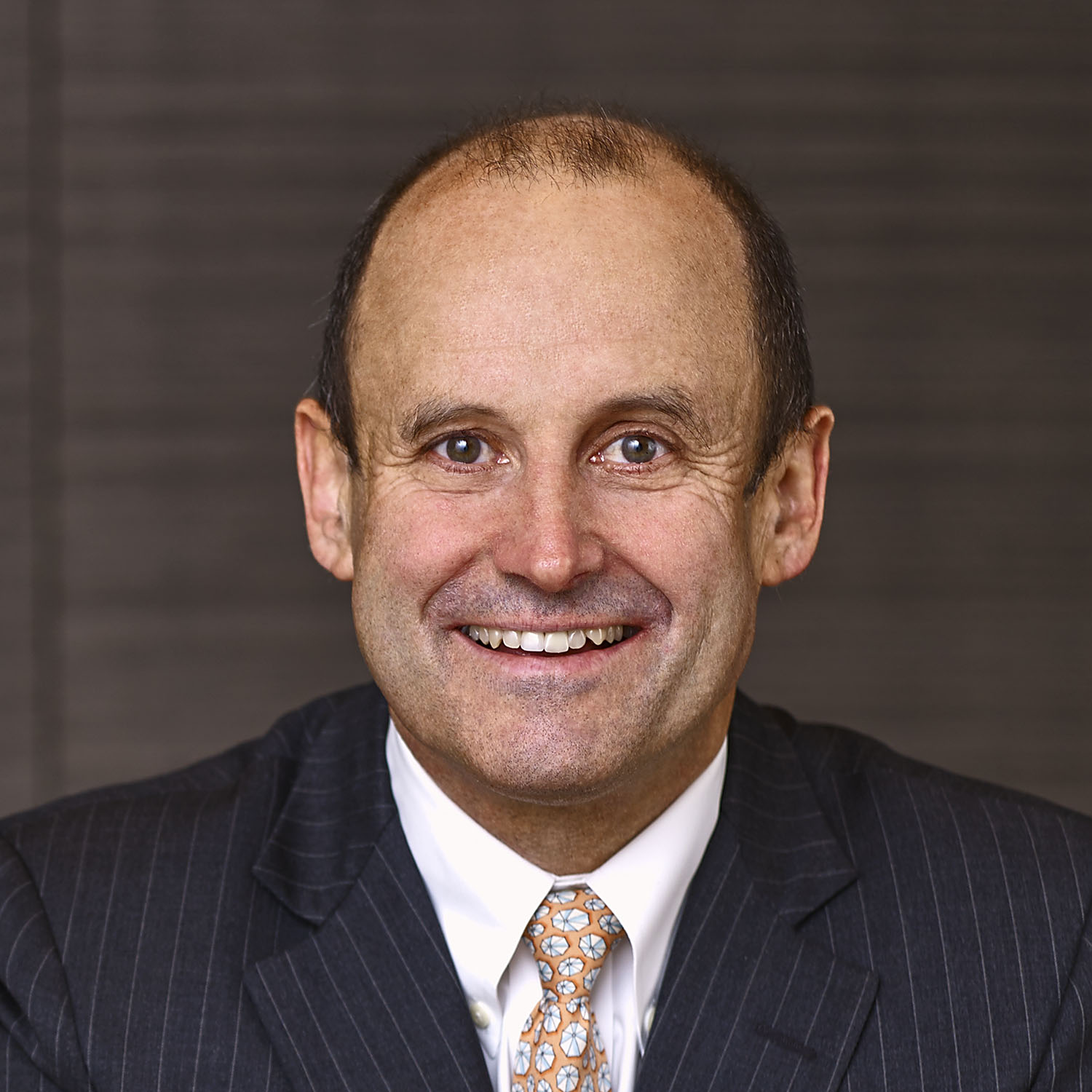
Edward B. Pitoniak is the Chief Executive Officer of VICI Properties Inc. Previously, he served as Vice Chairman of Realterm, a private equity real estate manager, and he still currently serves as an independent director on the board of directors of Ritchie Brothers Auctioneers — RBA. In April 2014, Mr. Pitoniak became Managing Director of InnVest, a publicly listed REIT, responsible for recapitalizing the REIT and transitioning its management function from an external, third-party management model to an internal management model. He then served as Chairman from June 2015 to August 2016, when the REIT was sold and taken private.
As Chief Executive Officer of CHIP, he led the company to four consecutive years of total return leadership among Canadian hotel REITs, and then to a sale in 2007. Mr. Pitoniak was also a member of CHIP’s board of trustees before it went private. Prior to joining CHIP, Mr. Pitoniak was a Senior Vice President at Intrawest Corporation, a ski and golf resort operator and developer, for nearly eight years. Before Intrawest Corporation, Mr. Pitoniak spent nine years with Times Mirror Magazines, where he served as Editor in Chief and Associate Publisher with Ski Magazine. Mr. Pitoniak has a Bachelor of Arts from Amherst College.
In his exclusive interview with the Wall Street Transcript, Edward Pitoniak details his strategy for emerging from bankruptcy with a publicly traded REIT:
“…What we now call VICI Properties today consists of the real estate of what was a Caesars-controlled entity known as Caesars Entertainment Operating Company, or CEOC. It was that entity that voluntarily filed for reorganization under Chapter 11 of the United States Bankruptcy Code in January 15, 2015. As the creditors of that entity and Caesars worked together, it was ultimately determined that the creditors would get their credit satisfied by becoming owners of the real estate of CEOC. At that time, that consisted of 19 assets across the country, with the flagship asset being Caesars Palace Las Vegas, and the rest of the assets being spread across the U.S., all the way from Lake Tahoe in the West to Atlantic City in the East.”
To get the full details on Mr. Pitoniak’s strategy for developing this new REIT, read the entire interview in the Wall Street Transcript.

Jason E. Fox was appointed Chief Executive Officer of W. P. Carey Inc. in January 2018, and also serves as a member of the company’s board of directors. Prior to his current position, Mr. Fox served as President from 2016 to 2017, Head of Global Investments from 2015 to 2016, and Co-Head from 2011 to 2015. During his tenure, Mr. Fox has been responsible for more than $10 billion of acquisitions. Transactions he has closed since joining W. P. Carey Inc. include the $225 million acquisition of The New York Times headquarters in Manhattan and the $312 million acquisition of 78 retail self-storage and truck rental facilities operated under the U-Haul brand name.
In his exclusive interview with the Wall Street Transcript, Mr. Fox details his firm’s ability to weather the U.S. yield curve changes:
“I think one of the important features of our portfolio is that 99% of the ABR comes from leases with some form of built-in rent increase. In addition to 27% coming from leases with fixed rent bumps, which are typically in the 2% to 3% range, we generate close to 70% of ABR from leases with rent increases tied to CPI. We think this is among the highest for net lease REITs, and we believe it makes us one of the best-positioned REITs to benefit from rising inflation going forward, something that we think is underappreciated by the market…”
Jason Fox is not afraid to make the market calls that he needs in order to maximize the value of W.P. Carey:
TWST: Last year the company was a net seller. Why was that, and what was your disposition strategy?
Mr. Fox: Yes, in 2017 we felt the sustained strength of the commercial real estate markets in both the U.S. and Europe positively impacted the value of our existing portfolio and provided us a favorable environment for dispositions. In fact, I think we’ll look back at 2017 as a period of peak pricing for the current cycle.
Read the complete interview in the Wall Street Transcript and get the details on where real estate valuations and yields are going in the United States.

Leigh Travers is CEO and Managing Director of DigitalX Ltd. (ASX:DCC). Mr. Travers is Vice Chairman of the Australian Digital Commerce Association — ADCA — and Chair of the Initial Coin Offering — ICO — Industry Working Group. His newly public company enjoys a public listing in his native Australia. In his exclusive interview in the Wall Street Transcript, Mr. Travers explains the development of his company into a publicly traded blockchain technology corporation.
“DigitalX is publicly listed on Australia’s ASX, trading under the symbol DCC. And with offices in both Perth and New York, we are the leading publicly listed company offering initial coin offering corporate advisory services to a global clientele. DigitalX was initially founded in 2013 as a bitcoin mining operation by tech entrepreneurs out of Australia and the U.S. We raised $9 million to list and scale up a bitcoin mining operation that was hosted out in Iceland using geothermal power. We now provide blockchain consulting services and software development.”
The company’s strategy is to move from straight exposure to crypto-currency pricing into consulting services: “…through our corporate advisory and consulting work, we’ve continued to accrue digital assets. So we actually just posted our half yearly report, and that showed record profits of $8 million. And while it showed that the gains in our financials were due, at least in part, to a value appreciation in digital assets, just under half of those gains were from consulting and corporate advisory work. While the price of DigitalX is linked certainly to the price of bitcoin, this shows that we’re not just purely tied to what the price of bitcoin is doing, as we’re a business that’s out there consulting and advising.”

Another publicly traded blockchain technology company is run by Dominic McCann, who is CEO of BTL Group Ltd. (CVE:BTL). Mr. McCann’s career spans over 20 years in finance, industry and management consulting. His experience includes leading sales teams and building enterprises by delivering innovative technology products to market. Before joining BTL Group Ltd. in 2017, he was at SAS Institute where he oversaw a decade of new business growth and led a global team helping to establish the SAS Global Oil and Gas Business Unit across Australasia and EMEA. His company has developed a proprietary platform for corporate users looking to unlock the power of the blockchain.
“The Interbit platform is industry agnostic, meaning it’s not been built to suit just one industry; its use cases are endless as to where blockchain could be deployed. So the platform in itself enables a blockchain application to be built for any sort of business or developer challenge. For example, if you look at the current OneOffice project we are running, now having grown to nine energy companies of which five are super majors, the project represents over a trillion dollars in company revenue. This is a significant use case of Interbit blockchain, enabling the ability to reconcile and to settle massive volumes of gas trades between these organizations.”

Scott Berg, now a Senior Analyst, joined Needham & Company, LLC in 2015. Previously, he was Senior Research Analyst at Northland Capital Markets covering enterprise/application software. In his exclusive interview with the Wall Street Transcript, Mr. Berg details his current view on the enterprise software market. He is currently not too concerned about lofty stock prices in this sector:
“I’m less worried about valuations today, because while they’re certainly healthy, we know we’re not where anyone would consider to be too overvalued.”
However, exposure to the retail industry is taking its toll on the software that those retailers use:
“When I look at large vertical or industry trends, as I mentioned with SPS Commerce (NASDAQ:SPSC) earlier, any company that is a software vendor with high exposure to the retail industry I see as going to be challenged over the next two years.”
Some bright spots include companies that will reap the benefits of blockchain technology adoption.
“The closest one is a company called Amber Road (NYSE:AMBR). Their core product deals with global trade management software, and blockchain sits actually very nicely into what their products can do down the line…Amber is also going to have some very ancillary and complementary technologies with what companies like IBM (NYSE:IBM) are doing.
Read the entire interview at the Wall Street Transcript to get Scott Berg’s detailed analysis.

John DeCree is Director, Head of North America Equity/High Yield Research, New York, at Union Gaming. Mr. DeCree has spent 10 years in capital markets focusing on the casino and gaming industry. Mr. DeCree joined Union Gaming in 2014 to focus primarily on North America equity research. Prior to joining Union Gaming, Mr. DeCree served as an Equity Research Analyst at Telsey Advisory Group, covering the global gaming, lodging and leisure sectors. In his exclusive interview in the Wall Street Transcript, John DeCree details his top gaming and casino investment opportunities.
One area John DeCree does not see as a focus is online gaming: “One thing I would add to that is we have seen retailers and those types of consumer businesses get segmented between bricks and mortars, traditional retailers and online retailers with Amazon (NASDAQ:AMZN) stepping up as pretty much a competitor to everyone. We don’t really see that in the casino and gaming segment. These operators and companies are a bit insulated from the online providers, and that adds to a bullish outlook here.”
Mr. DeCree is not bullish on US online gambling: “Online gaming hasn’t really taken off yet in the United States, so we haven’t seen much of a change or impact. Right now, only four states permit online gaming, including New Jersey, Nevada, Delaware and Pennsylvania, though Pennsylvania has just authorized online gaming and has not yet awarded licenses. New Jersey is really the only market with a noteworthy online gaming industry that generates about $245 million per year. I think we’ll see more states authorize online gaming, but the digital industry in the U.S. is still in its infancy relative to Europe. With a limited sample size, we haven’t seen online gaming in New Jersey cannibalize nor revolutionize the overall industry.”
The China market has rebounded: “…the Macau gaming market is about six times the size of Las Vegas today, so it has substantially higher wealth and larger gamers going to Macau to play. The recovery in Macau has really kind of come over the last 12 months or so with increased liquidity in the VIP segment, which is the really high-end play in Macau. That is substantially higher than we have seen in Las Vegas, and that is a product of two things over the last 12 months. One, there has been a resurgence in the Chinese economy, particularly in real estate and the industrial production of Southeastern China. Also, Macau, for the two years preceding 2017, was under a little bit of a microscope for corruption crackdown from Beijing. It has cleaned out Macau and the government officials that were gambling…We are now back to of a growth cycle in Macau. Macau’s growth trajectory has been very strong throughout 2017, and that is continuing in 2018.”
Mr. DeCree sees a great opportunity for the classic Southern Nevada gambling focus:
“We have a new hockey team in town as in the Las Vegas Golden Knights, and they are actually playing spectacularly well and rejuvenating Las Vegas as a tier-1 city. It is the first professional sports team to arrive in Las Vegas. I am sure most folks have heard the Raiders will be relocating to Las Vegas with construction on the stadium set to break ground really a little bit later this year. We are just seeing billions of dollars of infrastructure being poured into Las Vegas. So as we think about the local economy there, it is quite encouraging, and that bodes well for a company like Golden Entertainment that really generates 75% of its income from the local Southern Nevada market. So that is interesting to keep an eye on as well.”
To get the complete detail on all of Mr. DeCree’s stock picks, read the entire interview in the Wall Street Transcript.
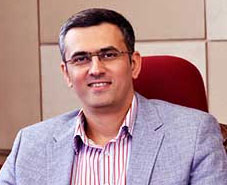
Dhruv Shringi is the Co-Founder and CEO of Yatra Online, Inc. Mr. Shringi leads the company’s business initiatives and led the company to its successful listing on the Nasdaq under the ticker YTRA, making it only the second Indian e-commerce company to be listed on this global stock exchange. Since its successful launch in January 2006, Mr. Shringi has led Yatra Online, Inc. to grow from a three-member organization to a 3,200-people-strong organization, making it the leading travel brand in the country. In 2011, Mr. Shringi was listed by Fortune magazine in the top 40 CEOs in India. In this exclusive interview with Dhruv Shringi in the Wall Street Transcript, the CEO details his business and how it will grow.
“Today we serve about 700 large corporate customers who work with Yatra for their travel needs. We have about 83,000 domestic hotels that are listed on our platform. This is the largest inventory of domestic hotels available on a single platform anywhere in India amongst all players both online and offline. On the air side, we work with all the domestic and international airlines that are operating out of India. There are six major domestic airline carriers in India and numerous airlines that serve India’s international travel needs.”
Mr. Shringi goes on to explain his competitive strategy: “We have got two sets of competitors. On the consumer direct side, there is another Nasdaq-listed entity in the form of MakeMyTrip (NASDAQ:MMYT) that is a key competitor. Whereas, on the corporate side, our competitors are companies like American Express (NYSE:AXP) and Carlson Wagonlit and a couple of homegrown players as well. Depending on the nature of the consumer, the competitor set varies.”
Some of the unique content the company develops is based on their evaluation of hotel properties in India:
“Access to the property and what kind of hygiene level the property has are common knowledge needs as well as if it safe for female staff and generally what the area it is in is like. There are numerous features about the properties including the usual features such as WiFi and dining options that we would share with customers in order to help them make choose the right hotel for their needs.”
To get the full detail on Dhruv Shringi’s strategy for Yatra Online, read the entire interview in the Wall Street Transcript.